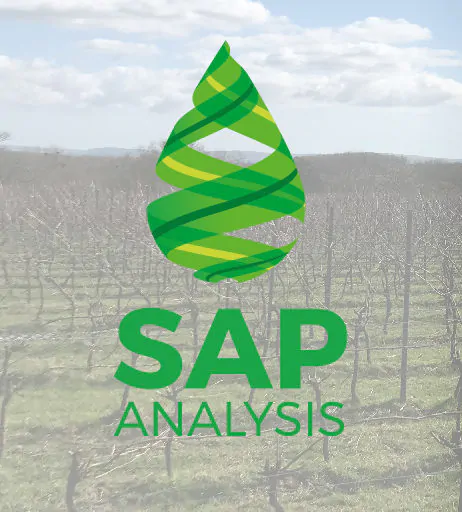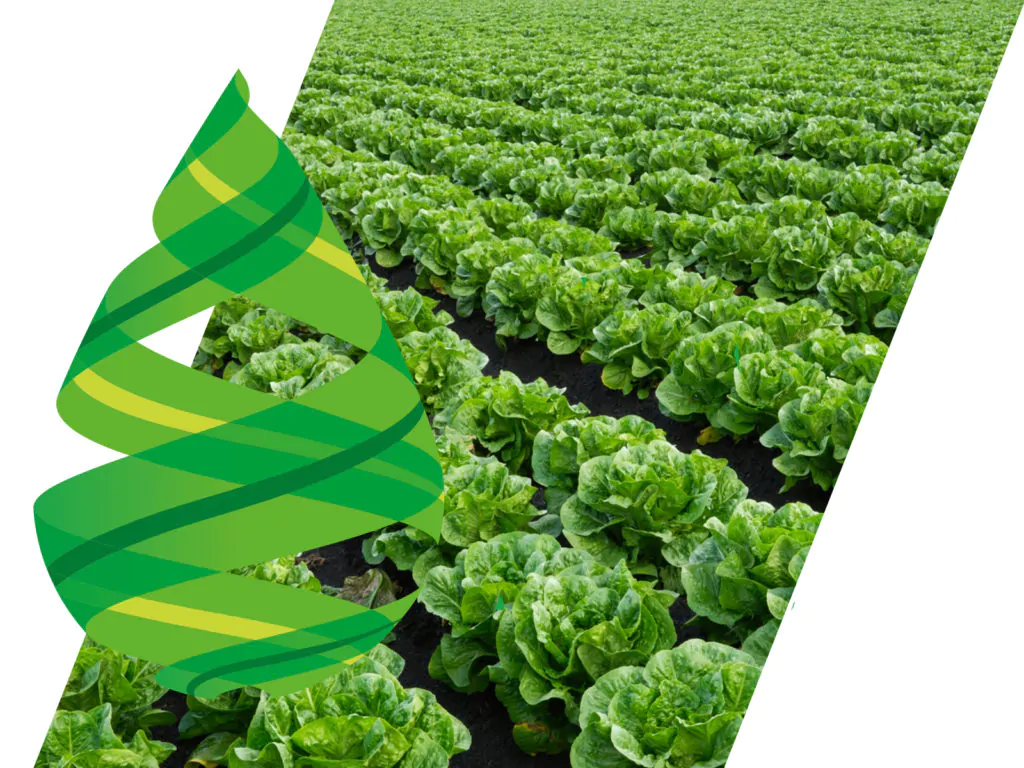SAP Analysis


What Is SAP Analysis?
SAP analysis offers a highly accurate and topical assessment of the true nutritional status of the plant. Whereas conventional tissue testing reports the level of nutrients in a sample, including those locked up and unavailable for growth in cell walls and storage cells, SAP analysis measures only the actual level of crop nutrients available for plant growth.
OMEX offers a full nutritional analysis service using the facilities of the Scientific Agricultural Partnership (SAP®) laboratories in King’s Lynn. The laboratories specialise in the extraction, analysis and interpretation of sap samples taken from growing plants.
Individual interpretation of each sample result is carried out by a team of qualified agronomists, allowing recommendations to be made for the active nutritional management of the crop.
Order your SAP pack!SAP Analysis The Facts
is a unique service using purpose built laboratories and sap extraction process
are analysed to give a complete picture of the plant’s nutritional status.
the crucial database used to interpret the sap analysis results has been built up over 50 years
on farm trials have shown improvements in marketable yield and quality when the SAP system is used
the unique analysis complements a regen ag system, providing growers with accurate nutrient information

How Does SAP Analysis Work?
SAP Analysis has been developed to offer growers the information to make agronomic and sustainable growing decisions. The SAP analytical report will show the level of NO3, NH4, P, K, Mg, S, Ca, Na, Cl, Mn, B, Cu, Fe, Zn, Mo, Al, and pH within the crop.
The report provides an easy to interpret bar chart, with agronomists comments.
SAP Analysis works in 5 simple steps, with rapid result turnaround, to enable growers to make quick and effective decisions for their growing crop:
- Sampling
- Preparation
- Analysis
- Results
- Application
SAP Analysis As Seen On Clarkson’s Farm!
In the latest series of Clarksons Farm viewers caught a glimpse of SAP Analysis in action. Diddly Squat Farm utilised SAP Analysis data as part of their regenerative agriculture trial, you can read more here.

SAP Analysis with Scott Baker
Our National Agronomy Manager highlights the benefits of SAP Analysis


SAP Analysis – How To With OMEX’s Agronomy Team
Step 1: Take the sample
SAP sampling procedures are crop specific refer to your SAP guide for instructions.
Step 2: Preparation
Once we’ve received your sample our expert lab and research team prepare the samples for testing using the facilities of the Scientific Agricultural Partnership (SAP®) laboratories in King’s Lynn. The laboratories specialise in the extraction, analysis and interpretation of sap samples taken from growing plants.
Step 3: Analysis
The sample is then analysed to show 17 different nutrient levels
including:
NO3, NH4, P, K, Mg, S, Ca, Na, Cl, Mn, B, Cu, Fe, Zn, Mo, Al, and pH
Step 4: Results
The results from the sample are then assessed by our team of FACTS qualified agronomists who provide the farmer with an easy to interpret bar chart, alongside agronomist comments. These recommendations are emailed within 2-3 days of receipt of the
samples.
Step 5: Application
With rapid turnaround sample results, alongside dedicated Crop Nutrition Agronomists comments, you can apply exactly what your crop needs when it needs it.
Speak to your local FACTS qualified advisor here for advice on SAP.


